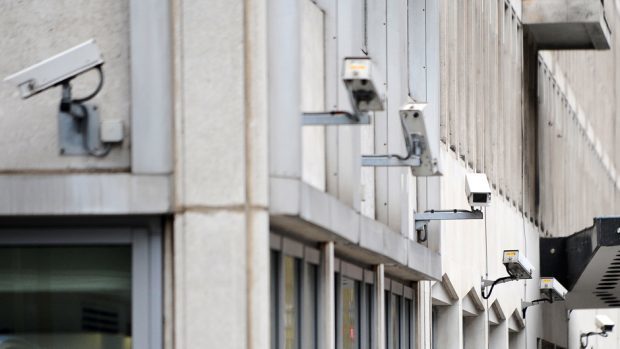The opposition leader of Aberdeenshire Council said he was “surprised” controversial snooping powers were changed without the approval of elected members.
Senior council officers have admitted that the authority was guilty of a “systemic failure” because changes to powers were not scrutinised.
The revelation came after the Surveillance Commissioner for Scotland published a critical inspection report into the council’s use of the regulations.
And now, SNP opposition leader Richard Thomson has spoken out about the failure, questioning why procedure was not followed.
He said, at yesterday’s meeting of the business services committee: “It’s a fairly significant set of powers and I’m surprised it’s not been taken before elected members.”
The Regulation of Investigatory Powers Scotland Act (Ripsa) controls the use of surveillance by public bodies. During yesterday’s discussion, council officers revealed the powers were used “sparingly” and predominantly by trading standards officials tracking illegal cigarettes or tobacco sold to youngsters.
Elsewhere in Scotland the Ripsa powers have been deployed to tackle vandals.
Aberdeenshire’s director of business services Ritchie Johnson said: “Bluntly, this is an oversight from us. It has been through committees in previous years, just not recently.
“It’s something the council has used sparingly over the piece – on average four times a year. This report is so the committee is aware of the powers and as a response to the investigation by the commissioner.
“We should have brought a paper back to committee before now.”
Mr Johnson apologised to councillors, including council leader Jim Gifford, for the mistake and said the infrequent use of the regulations meant the updated policy “wasn’t on the collective radar”.
A draft action plan was approved by the committee which includes improved training for staff who oversee the scheme, and the offer of a refresher course to all staff.
An updated report on Ripsa powers will be brought back to committee in September.
